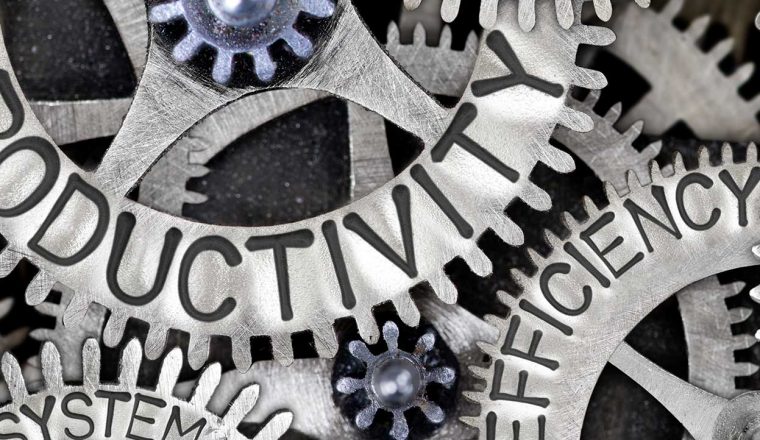New government provides chance for stability and investment in productivity

The Productivity Institute’s Managing Director, Bart van Ark
Following the Labour Party’s win in the 2024 election, Bart van Ark, managing director of The Productivity Institute, said:
“Congratulations to Sir Keir Starmer and the Labour Party. A new government provides a chance to instill some long term stability that will provide businesses with the confidence they need to plan for the future and to invest in productivity.
“What’s clear is that growth and productivity needs to run to the heart of this administration’s economic agenda. We predict that if the UK’s productivity performance doesn’t improve, GDP would drop to less than 1% over the next decade. That will make investing in the NHS, public services, net zero and technology even more challenging than it is today.
“The challenge will be that productivity doesn’t go up overnight. Meanwhile government will need to look for opportunities that provide genuine results soon. Public sector investment provides one of the best chances to do that, which may require a revisiting of fiscal rules. Above that, we need a credible long-term plan that provides confidence to investors and financial markets.
“We propose this government prioritises establishing a new statutory body that is laser focused on growth and productivity, fixes systemic issues that need coordination across different departments, and ensures the effectiveness of pro-productivity policies over the long term.
“A new government will be focused on ushering in change. By prioritising long-term, sustainable productivity growth that addresses the performance of people, firms, and places throughout the country, it can move rhetoric on to action.”
Find out more:
- Read Election 2024: A productivity plan – featuring the top 10 policies for the incoming UK Government focused on productivity
- Listen to the podcast Election 2024: A productivity plan – featuring Sir Anton Muscatelli, Dame Diane Coyle and Andy Westwood
- Read The Productivity Agenda – a blueprint for how the public and private sector can be better equipped to translate productivity gains into improved living standards




